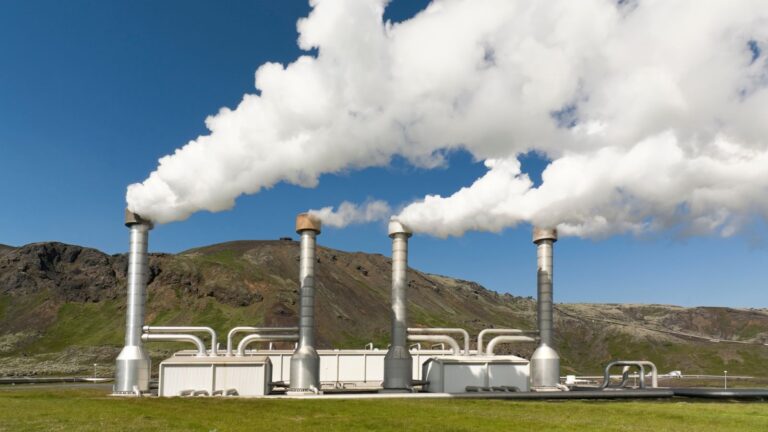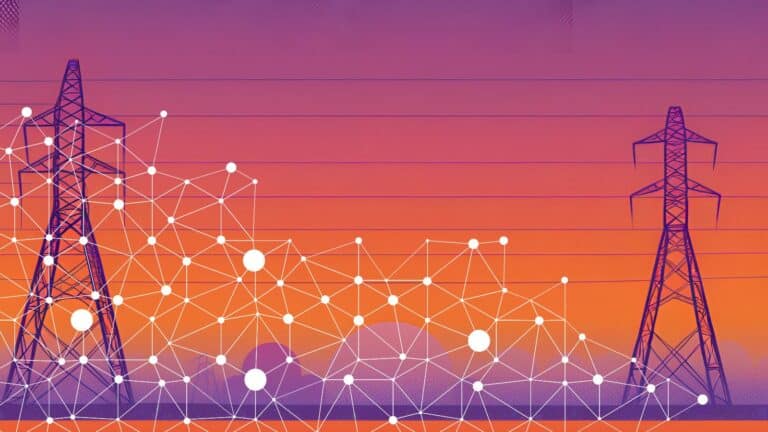Argentina, President of the G20, recently released the “Energy Access and Affordability Voluntary Action Plan for Latin America and the Caribbean”, prepared by the Inter-American Development Bank (IDB) & Latin American Energy Organization (OLADE). CGEP Scholar Philippe Benoit served as the lead author of the report (on assignment from the IDB). The report builds on the previous G20 reports prepared for Africa and Asia-Pacific. The LAC Region enjoys access levels that are relatively high compared to other developing zones, but it faces important challenges in connecting the “last mile”. The Region also faces repeated extreme weather events which present the special challenge of access recovery (a major issue for Central America and the Caribbean, as well as Puerto Rico). One of the report’s innovations is that it extends the access effort beyond electricity and clean cooking to residential heat. The report also focuses on the importance of improving affordability of energy for the poor, as well as for other households and businesses.





